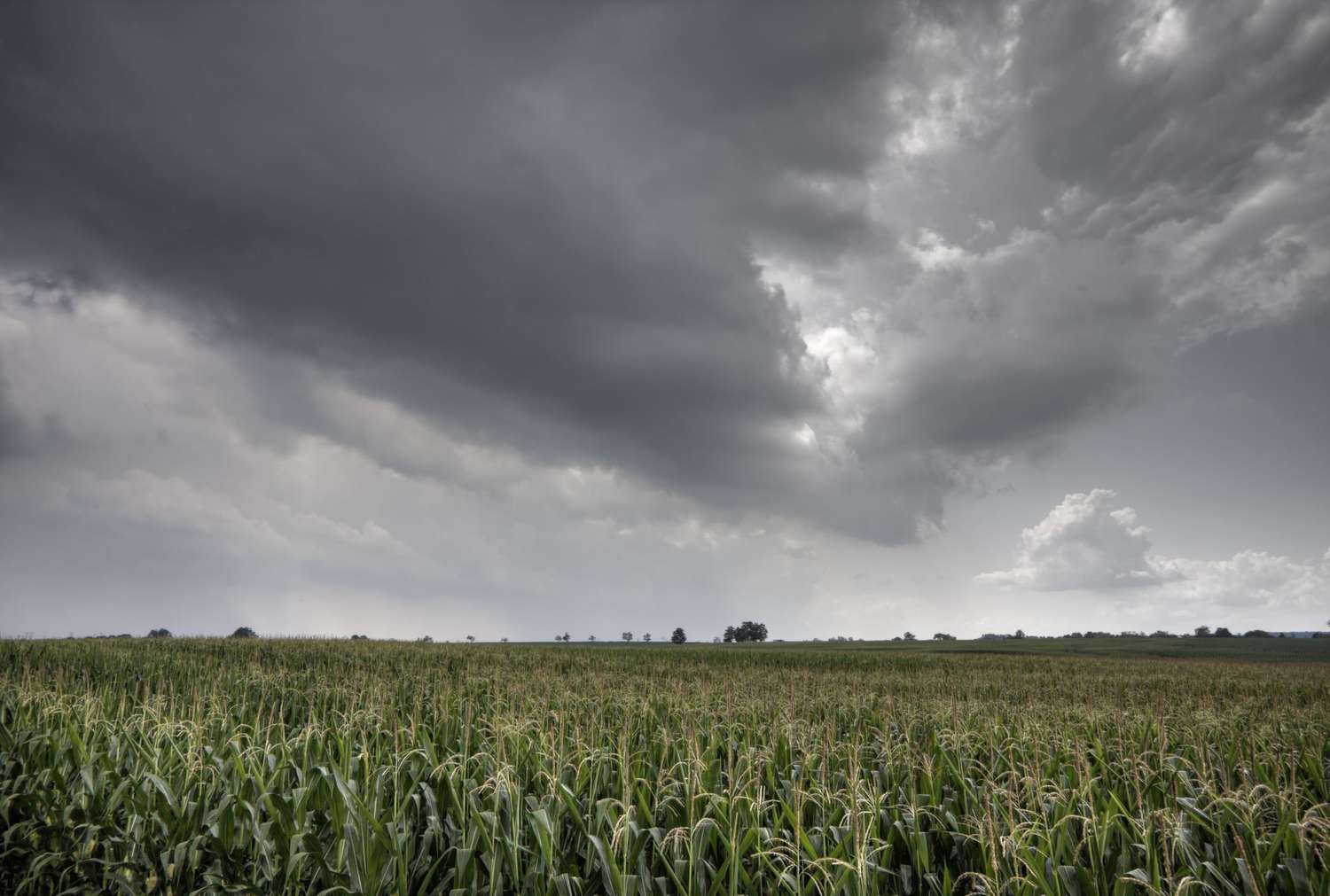Changing weather patterns, including cooling temperatures and potential cyclonic activity, are influencing rabi crop sowing across India. Farmers are responding to the shifting conditions, balancing the benefits of increased moisture with the risks posed by dense fog and delayed sowing in some regions. While the overall conditions are conducive for rabi crops, farmers must remain vigilant. Dense fog and potential frost could affect standing mustard and pulses, while cyclonic activity may temporarily disrupt sowing schedules in the east. Farmers are advised to monitor crop health closely and adjust schedules to utilize post-rainfall moisture effectively.
Cooling Temperatures Benefit Northern India
The onset of mild winter in Delhi, Punjab, Haryana, and western Uttar Pradesh, marked by falling daytime temperatures and dense fog, has created favorable conditions for key rabi crops such as wheat, mustard, barley, and chickpea. These crops thrive in cool weather, and the drop in temperatures driven by northwest winds is supporting optimal germination. However, dense fog predicted for the next three days could delay sowing activities in fields still under preparation. In the northern hills, a western disturbance arriving on November 23 is expected to bring rain and snowfall. This precipitation will enhance soil moisture in nearby plains, aiding wheat and mustard crops. However, a further drop in minimum temperatures after November 26 could increase the risk of frost damage, particularly for early-sown mustard.
Cyclonic Disturbance Threatens Eastern and Central India
The India Meteorological Department (IMD) has forecast the formation of a cyclonic storm in the Bay of Bengal, which could influence weather patterns across eastern and central India. States like Bihar, Jharkhand, and Odisha may experience increased cloud cover and rainfall starting November 23. While this could temporarily disrupt sowing activities for crops like lentils, chickpeas, and peas, the residual soil moisture is expected to benefit crop germination once the cyclonic system weakens.
Mixed Wind Patterns Across Regions
Strong winds in Punjab, Haryana, and Chandigarh have cleared fog and further cooled temperatures, creating favorable conditions for rabi crops. In contrast, Uttar Pradesh is facing slower wind speeds, leading to persistent fog. This could hinder visibility and slightly delay sowing in the region, though established crops may benefit from the retained moisture.

Source: Financial Express